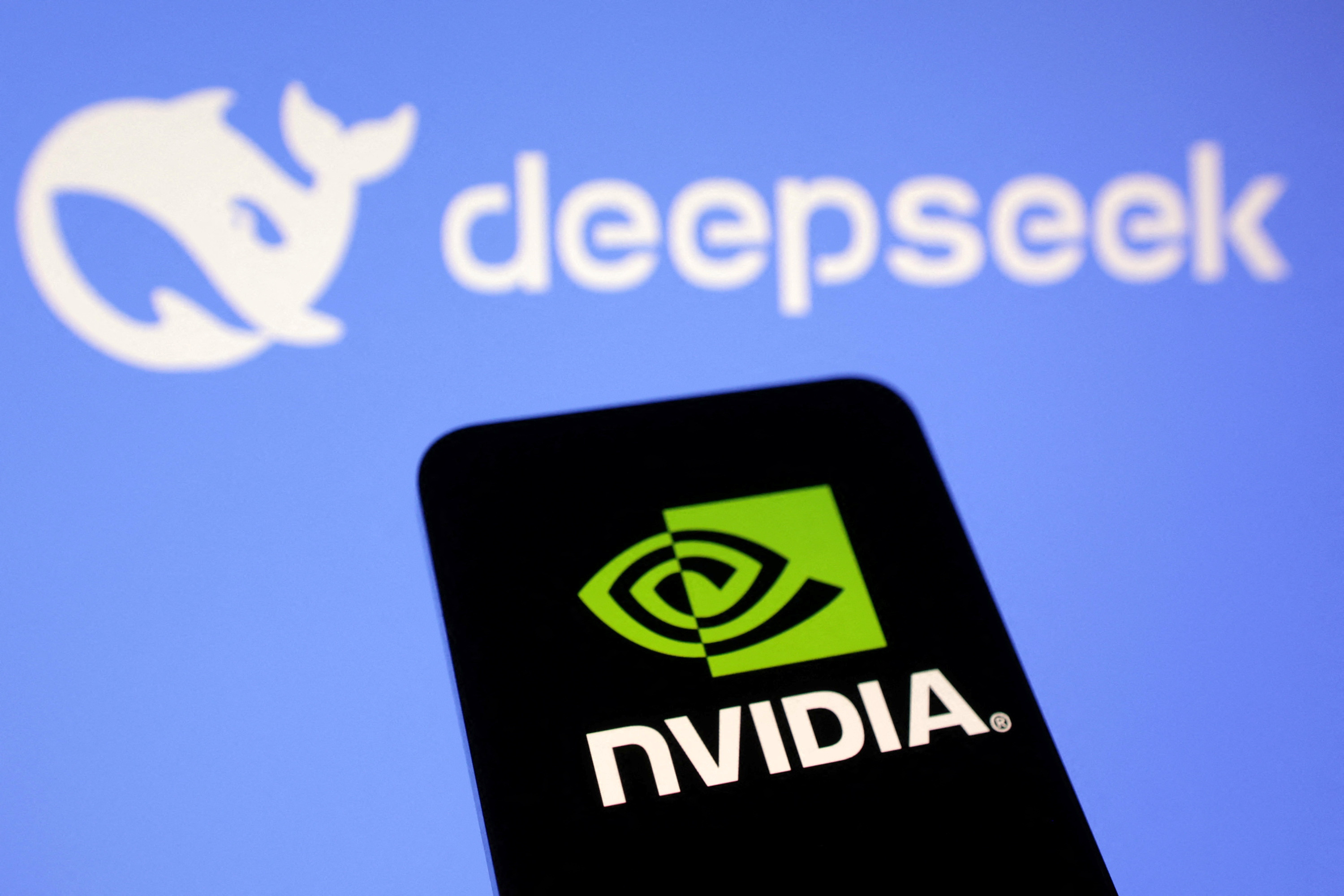National News
The Nvidia 'Threat' Narrative: An Exercise in Financial Myopia and Flawed Logic
The Western Staff

A crescendo of nervous chatter has recently amplified into a full-throated chorus of opposition against Nvidia. This emergent bearish thesis, echoed across financial blogs and contrarian columns, is built upon what its proponents present as two foundational pillars of risk: first, the supposedly imminent collapse of Nvidia's market dominance as key clients seek cheaper alternatives, and second, a stock valuation so disconnected from reality it can only be described as a bubble on the verge of bursting. They point to isolated headlines and high-profile stock sales as definitive proof that the music is, as one particularly dramatic outlet put it, 'about to stop.'
However, a rigorous examination of these claims reveals a structure built not on sound analysis, but on a troubling combination of logical fallacies, convenient omissions, and a profound misunderstanding of the technological sea change underway. The case against Nvidia is not an insightful critique; it is an intellectually bankrupt argument. Let us dissect it.
Fallacy 1: The Anecdote of Competition vs. The Reality of the Ecosystem
The first pillar of the bear case rests on reports, such as those from Wccftech and GuruFocus, that OpenAI is partially utilizing Google's TPUs to mitigate costs. This is being paraded as the smoking gun—the definitive evidence that Nvidia's pricing power is broken and its customers are in open revolt. This line of reasoning is a textbook example of a hasty generalization, a logical fallacy where a conclusion is drawn from an insufficient and often unrepresentative sample.
To take the diversification strategy of a single, hyperscale client and extrapolate it into a market-wide trend of abandonment is intellectually dishonest. The critical question these reports conveniently ignore is this: Where is the evidence of a mass exodus? Where are the systemic reports of customers ripping out and replacing their CUDA-based infrastructure? They do not exist. Instead, we have an anecdote. A powerful, headline-grabbing anecdote, but an anecdote nonetheless.
Let's apply a modicum of rational business analysis. For a company operating at the absolute bleeding edge of AI, like OpenAI, it would be fiduciary malpractice not to explore and integrate multiple hardware pathways. This is not a sign of Nvidia's weakness; it is a sign of a mature and sophisticated customer managing supply-chain risk and exploring specific-use-case efficiencies. The narrative that this is an 'either/or' proposition is a false dichotomy. The reality is a 'both/and' world, where Nvidia remains the primary platform for general-purpose, high-performance AI development, while other solutions may be integrated for niche, cost-sensitive tasks.
This argument also commits the sin of ignoring Nvidia's true, unassailable moat: the CUDA software ecosystem. The bears discuss this as a simple hardware swap, like changing a brand of tires. This is a fatal analytical error. Abandoning Nvidia is not about unplugging a GPU and plugging in a TPU. It is about abandoning a multi-decade software stack, a global talent pool of millions of developers trained on CUDA, and an entire universe of pre-built libraries, models, and development tools that accelerate innovation. The switching cost is not measured in the price of a chip; it is measured in years of lost development, the immense cost of retraining an entire workforce, and the forfeiture of access to the industry's most robust platform. The 'OpenAI is using TPUs' argument is a non-sequitur because it deliberately ignores the very factor that creates market lock-in.
Contrast this isolated story with the overwhelming evidence of Nvidia's deepening integration across the industry—the successful and high-demand ramp of the Blackwell architecture, the forward-looking partnership with Foxconn to build AI-powered robotic factories. These are not signs of a company losing its grip; they are the actions of a company building the very foundation of the next industrial revolution.
Fallacy 2: The Appeal to Authority and the Blindness to Forward-Looking Value
The second pillar of the anti-Nvidia thesis is the 'overvaluation' argument. This is substantiated not by a sophisticated financial model, but by another logical fallacy: the appeal to authority. The bears shout from the rooftops that The Motley Fool is skeptical and that billionaire Philippe Laffont sold 1.4 million shares. This is presented as the 'smart money' fleeing a sinking ship.
Let us be clear: using a single investor's portfolio adjustment as the basis for a market thesis is the height of intellectual laziness. It is a narrative in search of evidence, not evidence driving a narrative. What percentage of Mr. Laffont's total Nvidia holdings did this sale represent? What was his cost basis? Is it not conceivable that after an astronomical run, a fund manager might rebalance a position to manage risk? To present this routine act of portfolio management as a prophetic signal of doom, while ignoring the countless institutions and sovereign wealth funds increasing their positions, is a case of staggering confirmation bias.
Furthermore, the very premise that Nvidia is 'overvalued' is typically based on a backward-looking analysis that is entirely inappropriate for a company at the epicenter of a technological paradigm shift. Critics point to high trailing P/E ratios as if they are evaluating a stable, slow-growth industrial company. This is akin to measuring a rocket's velocity one second after liftoff and concluding it will never reach orbit.
Nvidia's valuation is not a reflection of its last twelve months of earnings. It is the market's attempt to price in the value of the entire accelerated computing and generative AI revolution over the next decade. The correct question is not 'What is the P/E ratio today?' but rather, 'What is the Total Addressable Market for a technology that is set to fundamentally reshape every industry on the planet, and what is the likely share for the company that provides the picks, shovels, and railroads for that gold rush?' On this question, the bears are conspicuously silent, preferring the empty sophistry of pointing to a billionaire's sale.
When the arguments against Nvidia are subjected to scrutiny, they crumble. The 'competition' narrative is a fallacious generalization that willfully ignores the CUDA software moat. The 'overvaluation' narrative is a fallacious appeal to authority that relies on an anachronistic valuation framework. Stripped of this hysteria, the core thesis remains not only intact but strengthened by the weakness of its opposition. Nvidia is the architect of a new era of computing. The market's recognition of this fact is not a bubble; it is the dawning of a new reality. The choice is between the intellectually flimsy arguments of the perpetually skeptical or the logical, forward-looking conclusion that the leader of a technological revolution is, indeed, an exceptionally valuable enterprise.


